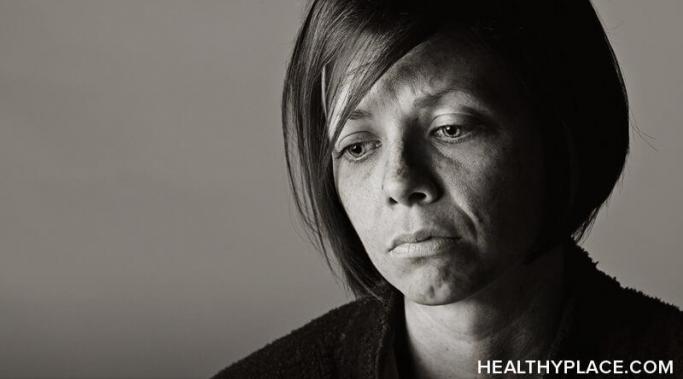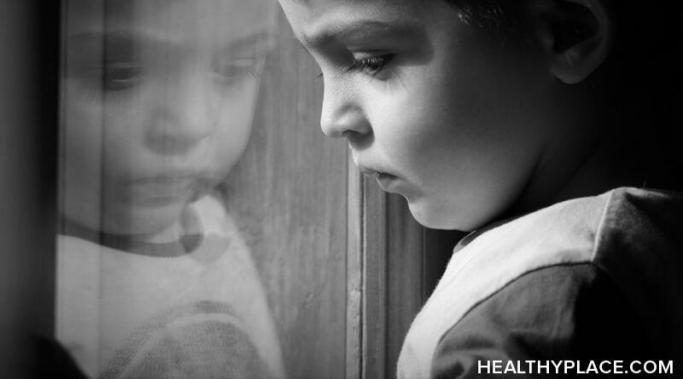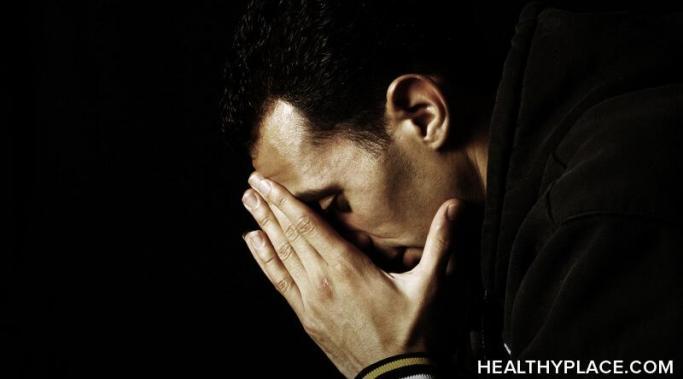Even though March is a hard time of year for my schizoaffective disorder, I am focusing on learning to love myself. Besides, I also tend to benefit from taking on new projects. After all, it is seven years ago this March that I quit smoking. So, this spring, I’m taking on the project of self-compassion. And learning to love myself is proving to be more difficult than I first thought it would be.
Creative Schizophrenia
I avoided living in the moment for a very long time. Years of my life flashed before my eyes, and I barely took notice. I was so intent on achievement that I never stopped to appreciate what it was to simply be alive. For me, living with schizophrenia means frequent imprisonment in a world that constantly seems to be spiraling out of control. Now, however, I’m learning to combat this feeling: I’m learning to live in the moment.
My current lack of exercise is hurting my mental health. As I write this, it’s the end of February with no end in sight to a particularly brutal Chicago winter. We’ve been pummeled with snowstorms and numbing cold almost daily. I know I need to get outside and walk or do some kind of exercise, but when I look outside at the l drab and gray landscape and the snow keeps falling from the thick blanket of clouds over the sky, I just can’t find the motivation. And this lack of exercise is having a very negative impact on my mental health.
Negative symptoms of schizophrenia offer a harsh reality for me. I noticed a change in my ability to feel emotion shortly after I began exhibiting symptoms of schizophrenia but long before formal diagnosis. I was well acquainted with feelings of depression and anxiety related to surviving child sexual abuse, but this was different. I lost interest in activities I formerly enjoyed, I no longer felt like associating with others and I felt a tremendous sense of indifference towards life in general. I was experiencing negative symptoms of schizophrenia.
My Uncle Carl died of complications from pneumonia at the age of 81 on January 24. Everyone in the immediate family called him Buddy—so to me, he was Uncle Buddy. He was my mom’s brother. I loved him very much, and we had something very important in common—we both had schizoaffective disorder, and we're both more than our schizoaffective disorder.
Focusing on success in our lives is difficult because it is so easy to focus on failure when dealing with a mental illness such as schizophrenia. In fact, it is easy to focus on failure in life in general. I’ve experienced many failures recently. My wife and I bought an antiquated farmhouse in December and we hoped to have several rooms renovated by now. Instead, we are still working on demolition and cleanup as we endured a number of setbacks, and I continue to struggle with low energy and crushing anxiety.
My schizoaffective anxiety makes me overthink simple tasks. I mean everything. And “overthink” is an understatement. I obsess about the worst case scenario of almost all the things I do—washing my hair, doing the laundry, and driving in the rain are all this way. This is called “catastrophizing.” My mind makes a catastrophe out of the simplest plans and tasks. It’s very hard to live this way.
I survived sexual abuse as a child, but did it contribute to my later diagnosis of schizophrenia? Research suggests a possible link between psychotic disorders and childhood trauma, but the exact nature of this link remains unclear. The significant impact of child sex abuse on my life, however, is indisputable.
Sometimes, I expect myself to just snap out of it: it being my schizoaffective anxiety. This is problematic for several reasons. First, it reeks of self-stigma—to the point where I would say it is a form of self-stigma. What’s even worse, it can block me from doing the necessary hard work in therapy to get better.
I was not surprised by my schizophrenia diagnosis. I realized that I was likely suffering from psychosis six weeks prior to my schizophrenia diagnosis when the symptoms of a patient alerted me to the nature of my own illness. I engaged in a bit of quick research on the subject and inadvertently ensnared myself in a psychotic delusion: I could not tell anyone that I was suffering from psychosis. In my mind, my employer and the government were closely monitoring my Internet history and would determine that I was a fraud. That was the first time I felt like a fraud. It wouldn't be the last.









